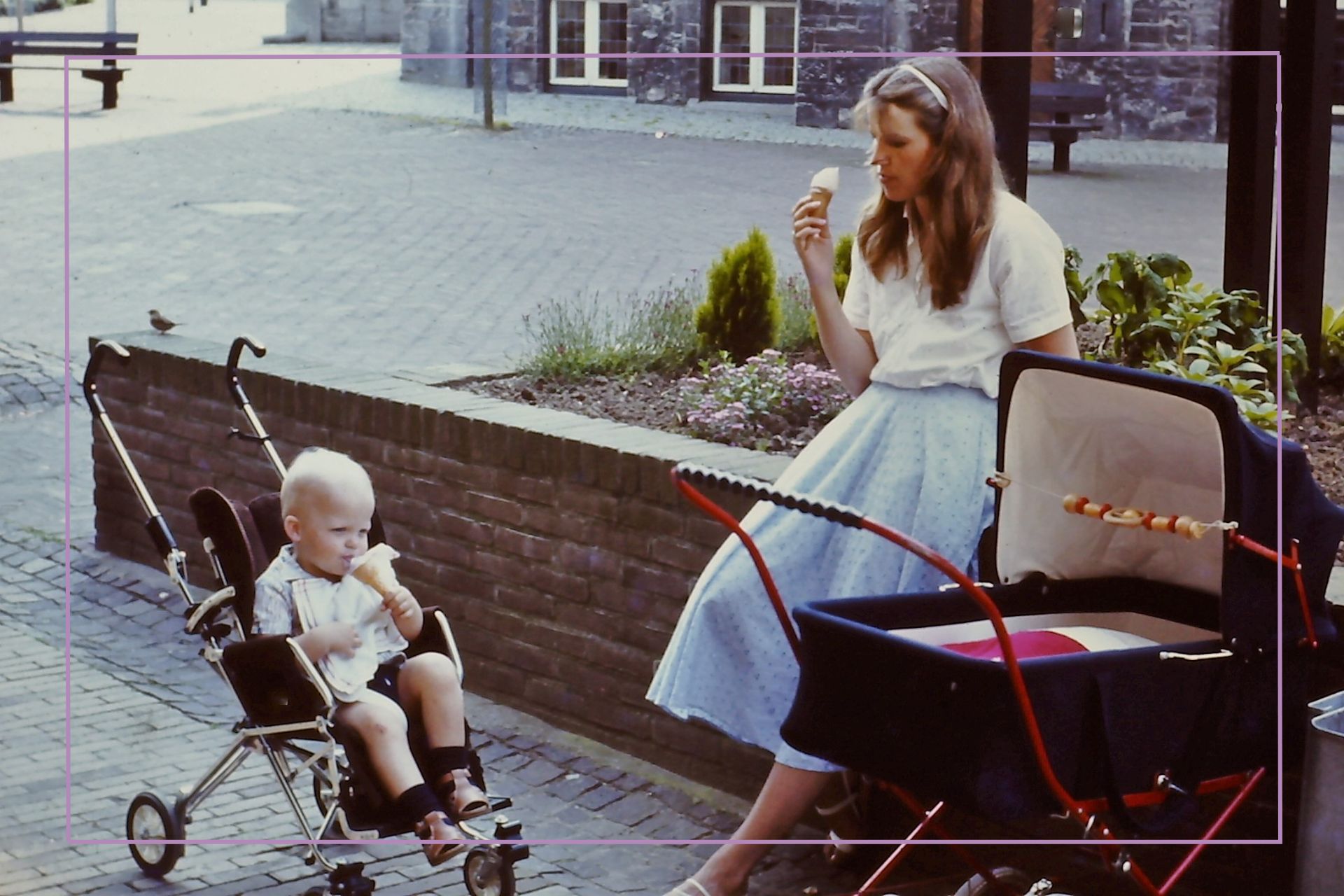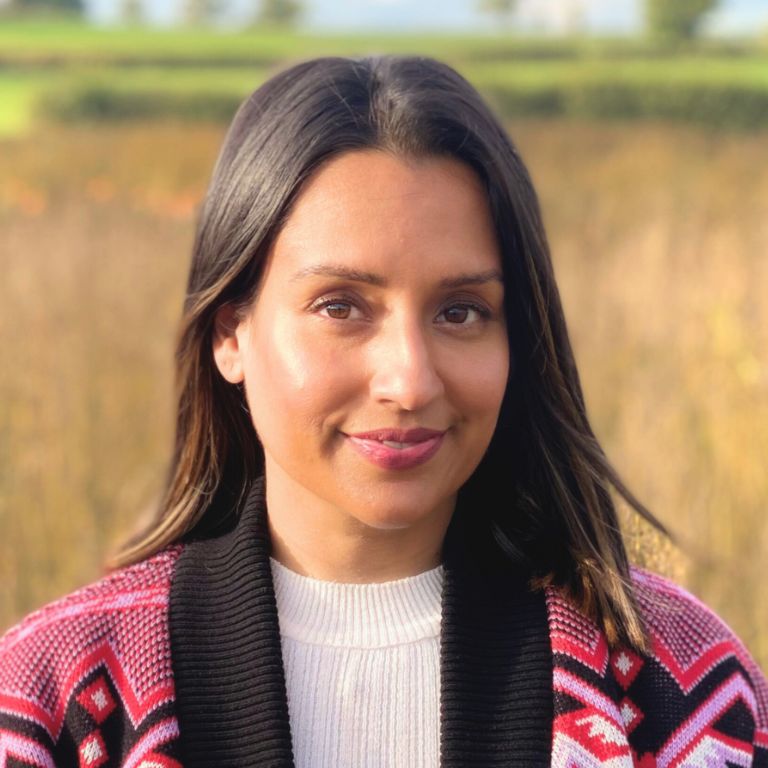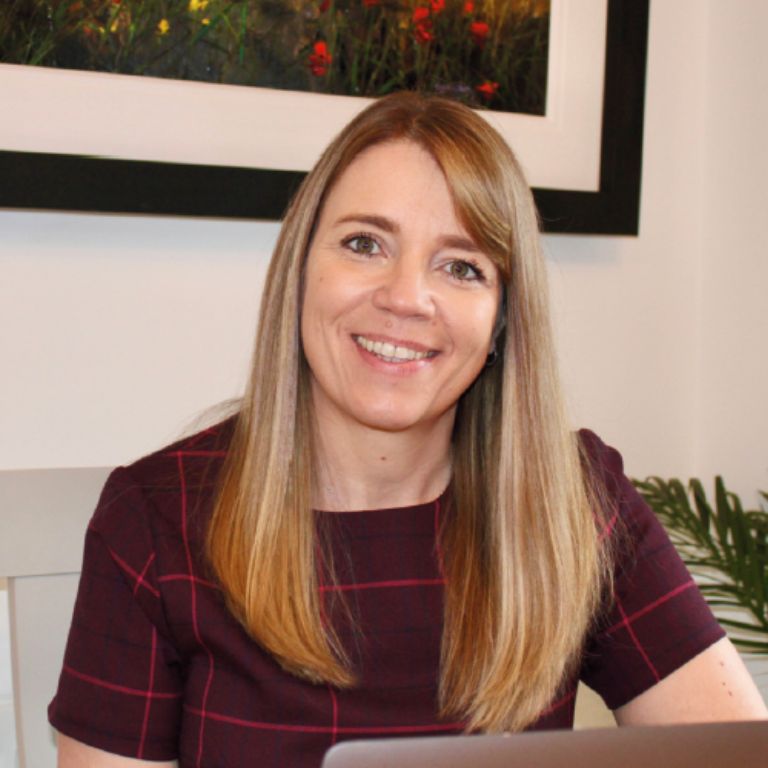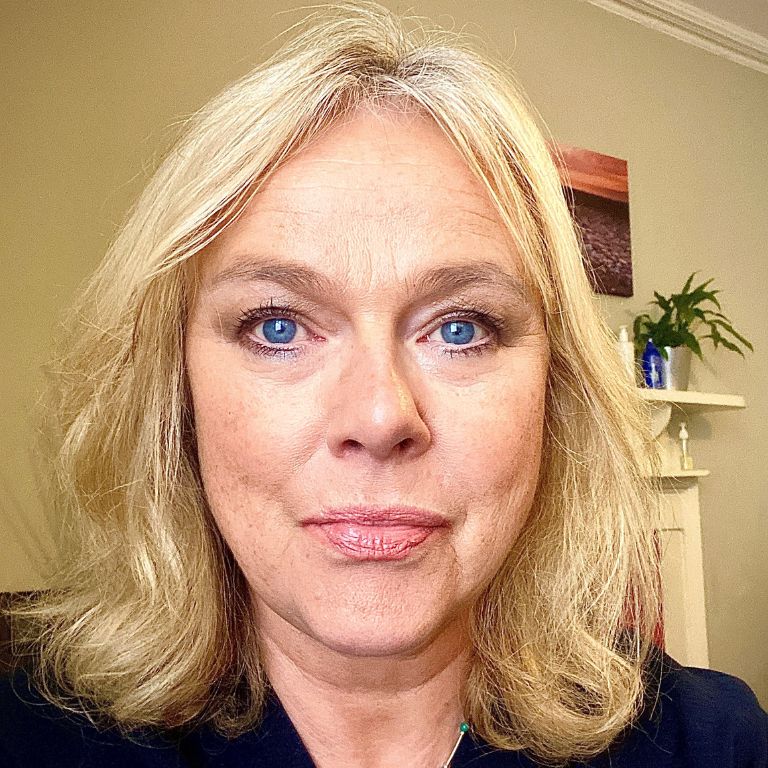'I don't care who started it' - here are the 4 boomer 'mumisms' we might want to retire and why, according to psychologists
Things parents say can have a profound affect on little humans

Parenting advice, hot topics, best buys and family finance tips delivered straight to your inbox.
You are now subscribed
Your newsletter sign-up was successful
Things parents say are often handed down through generations, right? A classic one is 'It’s like Blackpool illuminations in ‘ere' when too many lights have been left on. This is a comical observation, whereas 'I don’t care who started it' might have a little more impact on a child who feels wronged.
You are not a bad parent if you’ve used, or are using, these sayings. After your introduction to matrescence, the level of parenting continues to kick up a notch, and it’s natural to parent how we were raised, with a parenting style almost - it’s what we know. After all, keeping a tiny human alive and navigating the mental load is a full-time job itself, but if you saw this headline and clicked on it, then maybe you’re part of the generation wanting to break some parenting cycles.
Part of being a parent means being super thoughtful, kind-hearted, and sharing advice via pithy one-liners, right? And we all know these tend to come from a good place, from a loving heart, but sometimes they can be slightly more damaging than intended for impressionable, developing minds.
Child psychologist Dr Ritz agrees, she tells us; “[There are certain] phrases that perpetuate power dynamics or undermine healthy communication within the family system. For me, [retiring these] is about advocating for language that promotes mutual respect, empathy, and understanding between parents and children.” In this article, we look at the most popular ‘mumism’ phrases that most boomer parents may have used at some stage and why child therapists and family counsellors feel they should be retired by now.
Boomer 'mumisms' that need to be retired
- 'I want never gets'
- 'Because I said so... that's why'
- 'I don't care WHO started it'
- 'Stop telling tales'
Scroll down to read all about why we need to retire these phrases. We spoke to many therapists and psychlogists on why millennial parents are breaking parenting cycles, which means deciding to parent differently from how they were raised. Dr Ritz explains why this may be happening. She says: "Breaking the parenting cycle involves consciously examining and challenging the ingrained patterns and behaviours passed down through generations. It entails developing self-awareness, understanding how one's upbringing influences their parenting style, and actively working to provide a nurturing, supportive environment for children to thrive." And, by really paying attention to the words used in these one-liners and deciding to stop using them, you are breaking parenting cycles.
Heidi Soholt, a BACP-accredited psychotherapist assures us it's not about the blame game. She tells us, "Breaking the parenting cycle is not about blaming parents. It is all too easy to retreat into guilt and shame for our parenting ‘mistakes’. Often, parents simply don’t know any better and, while loving their children, are repeating patterns handed down from their own experiences growing up—intergenerational patterns."
Accredited psychotherapist Nicola Saunders tells us how these one-liners might have come about; "Children are looking for certainty and understanding. Like all humans. If we explain to children why we or they are or are not able to do something, then they are able to
develop trust more easily because they can see that what is being provided for them is clarity.
Parenting advice, hot topics, best buys and family finance tips delivered straight to your inbox.
"As adults, we all thrive in relationships if we understand why somebody does or doesn’t do something, so essentially, we all like transparency. We do not like ambiguity; it can create anxiety and stress and leave us feeling very unsure about that person and their intentions. Children are the same. The only difference is that children need things explained to them very simply because they don’t have a plethora of vocabulary or understanding. I think 'mumisms' have come from this place historically, which is why they are short and to the point. But often very unhelpful and can be destructive."
1. 'I want never gets'
Parents usually used this line to stop children from seeming 'bratty' about wanting toys or sweets, sometimes followed by a correction of 'we say I would like'. Dr Ritz tells us, "This phrase may dismiss children's needs and desires. Although it is not our job to give in to every desire, we can still make space for the child to communicate it to us. By showing children we can tolerate their desires, we build their foundations for healthy self-esteem."
Heidi suggests alternatives: "Phrases like this signal to a child that their thoughts and feelings are unimportant and/or unacceptable. A healthier approach could be to explore with your child the difference between ‘wants’ and ‘needs’ – an important life skill which will help children make better choices, learn how to manage disappointments and foster appreciation of what they already have."
2. 'Because I said so... that's why'
Ah, the classic all-rounder to shut down every conversation when a parent needs the child to do as they're told, no questions asked. And we get it; after a long day, having children push back at every opportunity is exhausting when you're just trying to get them fed, cleaned and in bed. Dr Ritz says; "This phrase is all about authority and getting results through threats. It dismisses a child's curiosity and autonomy and can contribute to a sense of powerlessness. We would want to be encouraging the development of critical thinking skills and self-confidence."
Nicola explains to us how saying yes more often can be more effective: "This can be incredibly confusing for children, as they will not understand why they can’t do that ‘thing’. As a result, statements such as this simply breed resentment and mistrust and hinder the building of respect. This sort of statement can also make the idea of what they shouldn’t do even more appealing, or they may want to rebel against their parent's command in an attempt to prove to themselves that they have control, not their parents.
I’m a big advocate of saying yes where possible, and if a parent is saying no, there is a clear understanding as to why they are saying no. This creates an environment where when the parent says no, children often respect this and know it is unusual. Even if they don’t fully understand, they trust that their parents are doing what is in their best interest."
3. 'I don't care WHO started it'
"My mum got so sick of me and my siblings bickering she would always yell this, sometimes with an 'I'm finishing it!' finaliser", mum-of-two Michelle tells us. Dr Ritz says; "This phrase may prioritise control over emotional understanding and conflict resolution, neglecting the opportunity to teach children constructive ways of managing conflicts and emotions."
L.J Jones, a BACP registered counsellor and parenting expert tells us; "I work a lot with family dynamics which have become impaired due to sibling rivalry, or in fact parents who have subconsciously either favoured one child or failed to address times of heightened emotions (fighting) between siblings in a rational way. When a parent uses phrases, such as: ‘‘I don’t care WHO started it, I’m finishing it!” they dismiss both the unacceptable actions of one or both children, and the feelings attached to the upset. The latter part of this well-known parenting phrase also serves as a direct threat to children. Imagine being the sibling who has been physically, verbally or emotionally hurt, reporting it to a parent, to be met with a second threat?"
4. 'Stop telling tales'
Used in homes and schools across the land, usually when an adult doesn't want to hear children talking about other children when that could be a child asking for help sorting something out. Dr Ritz adds; "Tales, lies and fibs are often stories children are trying to tell us. Discouraging children from sharing their experiences or concerns may invalidate their feelings. I would always encourage a child to share their experience as it’s the parent's role to help them make sense of their experience."
Heidi tells us; "This type of phrase will signal to a child that there is something wrong and risky about disclosing/sharing a difficulty. There is a high risk of shaming, a powerful and painful emotion which may have serious consequences in terms of your child’s ability to communicate and be vulnerable going forward.
"We must encourage children to speak up about worries and remember that what may seem insignificant/trivial to an adult can feel very difficult for a child. Children do not benefit from long experience managing problems, and their worries, muddles, confusions and fears deserve to be heard and respected. Stay with the feelings your child is conveying rather than jumping in with judgements or solutions."
Remember, you are not a bad parent if you have used or using any of these one-liners. We do what we know until we know better, and when we feel we know better and understand more, we can make changes and implement new ways of parenting. If you want to make these next step, take a look at our article on how to repair with your child - it has helpful expert-led tips on how to work with your child to recognise mistakes, reflect and move on.
Our experts:

Specialising in resilience, mental health and wellbeing. Dr Ritz is currently practicing at 3 private hospitals, where her responsibilities extend to conducting psychological assessments for individuals considering Bariatric and Cosmetic surgery. Dr Ritz also offers corporate workshops and programs that emphasise holistic self-awareness, covering both mental and physical health.

Nicola Saunders PG Dip is a counsellor, supervisor, trainer, and founder and creator of The Empowered Parenting Programme. She is also an accredited member of the British Association for Counselling and Psychotherapy (BACP).

Heidi Soholt is a highly experienced BACP accredited psychotherapist who specialises in helping with children and adults overcome a wide range of issues - including anxiety, low self-esteem and peer difficulties. Heidi has a private therapy practice based in Stirling (Scotland) but also provides remote online support to clients worldwide. She is also a school counsellor and works with children aged 4 to 11. Heidi takes a child-centred, play based approach in order to support the children she works with.
She also uses an integrated approach in her counselling - drawing on Cognitive Behaviour Therapy (CBT), Acceptance and Commitment Therapy (ACT), Person-Centred and creative approaches. Heidi is also trained in EMDR (Eye movement desensitization and reprocessing) therapy.

L.J Jones is a BACP registered counsellor and international parenting expert who provides online counselling sessions and parenting courses. She specialises in creating harmony for families as they nurture their children and adolescents through the developmental stages. Her approach is based upon a decade of experience working with families both in schools and private practice in times of stress, distress, and crisis. L.J promotes emotional wellness for families through educating parents on their children’s and teen’s intricate needs and by providing strategies to facilitate calm, growth, positivity and respect within the home.
Parenting can feel like the hardest job in the world sometimes, it kicks off with post natal life and then once you've made it through maternity leave and stared down the barrel of post-natal depression you then have explaining the mental load to contend with and we are here to help with all of it.
Stephanie has been a journalist since 2008, she is a true dynamo in the world of women's lifestyle and family content. From child development and psychology to delicious recipes, interior inspiration, and fun-packed kids' activities, she covers it all with flair. Whether it's the emotional journey of matrescence, the mental juggling act of being the default parent, or breaking the cycle of parenting patterns, Stephanie knows it inside out backed by her studies in child psychology. Stephanie lives in Kent with her husband and son, Ted. Just keeping on top of school emails/fundraisers/non-uniform days/packed lunches is her second full-time job.